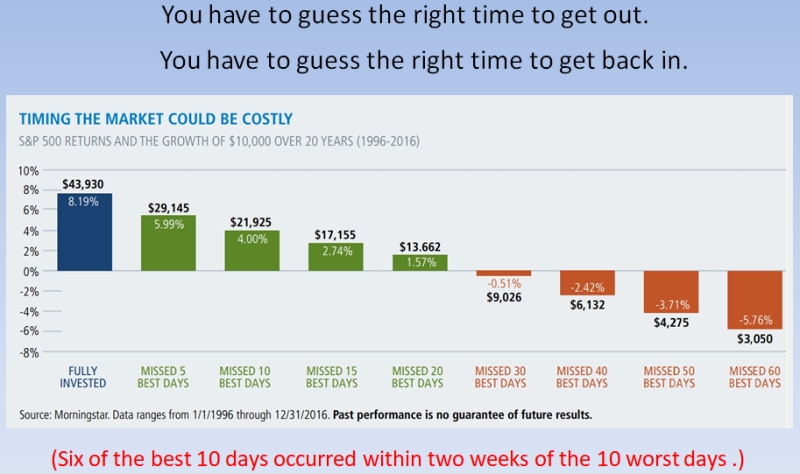JustVisitingThisPlanet
Recycles dryer sheets
- Joined
- May 29, 2020
- Messages
- 147
I just misread this thread title as, "For the first time ever, I sold all my socks".
Seems like a valid retirement subject. My oldest brother, who has been retired for a few years now, owns only one pair of socks. They are a pair of black ones, for weddings and funerals.
I buy 30 pair of exact same black socks so that I don't have to deal with matching them. And if one gets a hole, can throw away - no big deal if odd number of socks.


